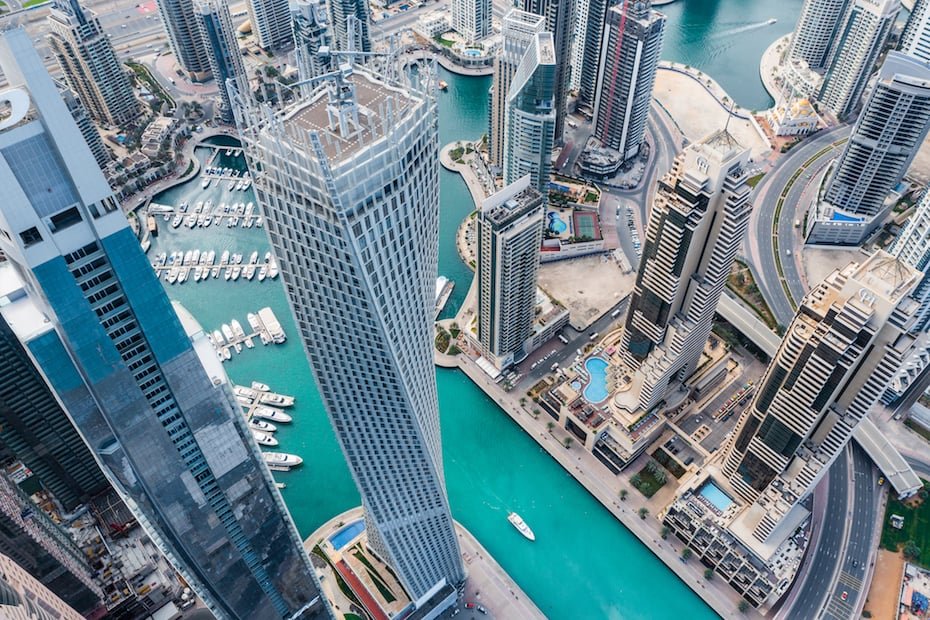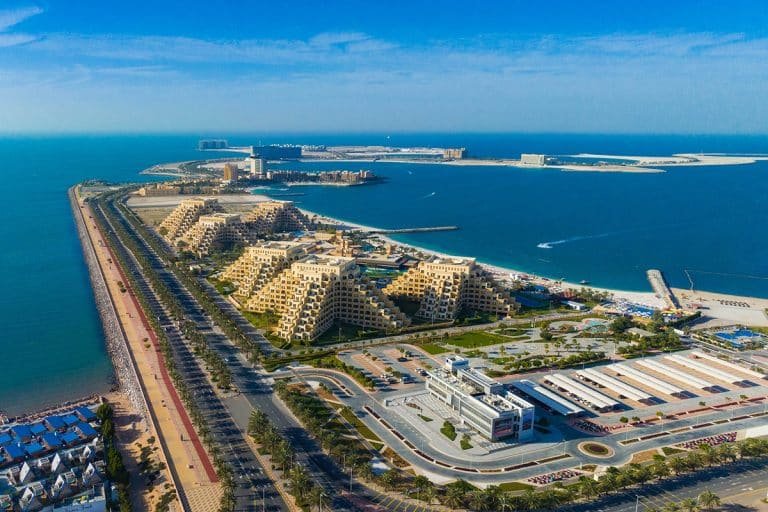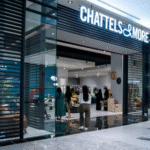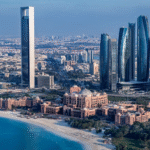Now Reading: Dubai Real Estate Market Faces Potential Bubble Risk, Warns UBS Report
-
01
Dubai Real Estate Market Faces Potential Bubble Risk, Warns UBS Report
Dubai Real Estate Market Faces Potential Bubble Risk, Warns UBS Report
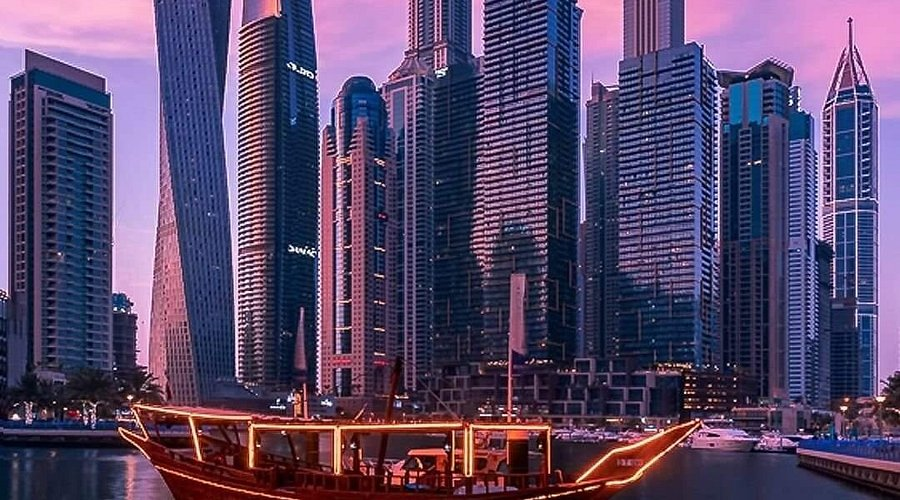
The Dubai Real Estate Market has seen remarkable growth over the past several years, fueled by high demand, strong investor interest, and ambitious development projects. However, a recent UBS report has raised concerns about potential bubble risk in the market, highlighting the need for careful evaluation by investors, developers, and policymakers.
While the surge in property prices has created significant wealth and opportunities, rapid growth without careful regulation may lead to imbalances. Investors are closely monitoring the market to understand whether this is a sustainable boom or a temporary spike that could precede corrections.
Understanding the Current Market Surge
The Dubai Real Estate Market has experienced unprecedented growth in both property values and transaction volumes. Luxury apartments, villas, and prime commercial properties have recorded double-digit price increases, attracting local and international investors alike.
This growth is largely driven by economic diversification, strong expatriate demand, and the emirate’s reputation as a global investment hub. Additionally, government initiatives such as long-term visas for investors and the easing of property ownership regulations have further boosted market activity.
The combination of high investor interest and limited supply in certain areas has intensified competition, driving prices upward and prompting UBS to assess potential bubble risks.
Factors Contributing to Potential Bubble Risk
Several factors contribute to concerns about a potential bubble in the Dubai Real Estate Market:
- Rapid Price Growth: Property values in prime areas have risen sharply, raising affordability concerns for residents and first-time buyers.
- Speculative Investment: Increased activity from investors focused on short-term gains rather than long-term occupancy could heighten market volatility.
- High Leverage: Loans and mortgages for property purchases are at historically high levels, increasing vulnerability to economic shifts.
- Global Economic Exposure: Dubai’s real estate market is influenced by global trends, including interest rates, oil prices, and foreign investment flows.
These dynamics create a delicate balance between ongoing growth and the risk of market corrections if supply and demand are not aligned.
Prime Areas and Price Pressure
Certain neighborhoods in Dubai, such as Downtown Dubai, Dubai Marina, and Palm Jumeirah, have experienced significant price appreciation. These prime areas, while offering prestige and high-quality amenities, have also seen rapid increases in property costs, which could contribute to market imbalance.
Emerging areas like Dubai South and Dubai Hills Estate provide more affordable options, helping to distribute demand across the city. However, the concentration of wealth and speculative activity in prime locations increases the potential for volatility if economic conditions shift.
Investor Behavior and Market Dynamics
Investors play a critical role in shaping the Dubai Real Estate Market. The boom has attracted high-net-worth individuals, foreign buyers, and institutional investors seeking high returns. Rental yields and capital appreciation have been attractive, prompting increased speculative activity in both residential and commercial sectors.
Speculative buying, while fueling short-term growth, can contribute to sudden price corrections if investor sentiment changes. UBS highlights the importance of balancing investor-driven growth with end-user demand to ensure long-term stability.
Government Measures to Mitigate Risk
The Dubai government has implemented policies aimed at maintaining stability in the real estate market. These measures include regulatory oversight of property transactions, monitoring of construction activity, and initiatives to support affordable housing.
By promoting transparency, encouraging balanced supply, and supporting sustainable urban planning, authorities aim to reduce the risk of a housing bubble. Investors are advised to consider government interventions as part of their long-term strategy when entering the market.
Rental Market Trends
The Dubai Real Estate Market boom has also influenced the rental sector. Rental prices in high-demand areas have increased significantly, contributing to higher yields for investors but also raising concerns about affordability for tenants.
Average rental growth in key neighborhoods has outpaced inflation and wage increases, highlighting a potential mismatch between income and housing costs. Developers are responding by launching mid-range and affordable rental projects to address these concerns while maintaining profitability.
Impact on First-Time Buyers
For first-time buyers, the Dubai Real Estate Market presents both opportunities and challenges. On one hand, rising property values promise strong investment returns. On the other, affordability pressures may make entry into prime locations difficult.
First-time buyers are increasingly exploring emerging communities where property prices remain within reach, while still offering access to modern amenities and connectivity. Strategic buying in these areas can help mitigate risks associated with price volatility in premium neighborhoods.
Commercial Real Estate Considerations
While residential properties have dominated discussions about market risk, commercial real estate also plays a role in assessing potential bubble conditions. Office spaces, retail outlets, and mixed-use developments have experienced heightened demand, often linked to the city’s growing business ecosystem.
High demand in commercial real estate can contribute to overall market overheating if supply growth does not align with tenant needs. Careful planning and market analysis are essential to ensure sustainable growth in this sector.
Sustainable Development and Market Health
Sustainability has become a critical factor in the long-term health of the Dubai Real Estate Market. Developers are increasingly integrating green building standards, energy-efficient designs, and community-focused planning to reduce risk and enhance resilience.
Sustainable developments attract quality tenants, improve long-term property values, and help balance rapid growth with environmental and social considerations. UBS emphasizes that focusing on sustainable and well-planned projects can mitigate bubble risk by promoting steady, organic growth.
Strategies for Investors in a Potential Bubble

Investors in the Dubai Real Estate Market should adopt careful strategies to navigate potential risks:
- Diversification: Spread investments across different property types, neighborhoods, and price segments to reduce exposure to market fluctuations.
- Focus on Quality: Prioritize properties with strong construction standards, sustainable features, and attractive amenities.
- Long-Term Planning: Avoid speculative short-term buying; consider rental income and long-term appreciation potential.
- Emerging Areas: Explore growth potential in emerging neighborhoods, which often offer better affordability and future upside.
- Market Research: Stay informed about macroeconomic trends, regulatory changes, and market indicators to make informed decisions.
By implementing these strategies, investors can maximize returns while minimizing exposure to potential corrections or market instability.
Future Outlook
Despite potential bubble warnings, the Dubai Real Estate Market remains a high-potential destination for investors. Population growth, strong economic diversification, and ongoing infrastructure development are expected to sustain demand for residential and commercial properties.
Future trends include an increased focus on sustainable and technology-driven developments, integrated communities, and projects targeting mid-range affordability. These initiatives will help balance investor interest with end-user demand, promoting long-term market resilience.
Market analysts suggest that while caution is warranted, strategic investment and government oversight can help ensure that Dubai’s real estate boom translates into sustainable growth rather than instability.
Balancing Growth and Stability
The key challenge for the Dubai Real Estate Market lies in balancing rapid growth with long-term stability. Developers, investors, and authorities must collaborate to ensure that new projects meet genuine demand, maintain affordability, and contribute to the city’s sustainable development.
Measures such as monitoring supply, encouraging diversified development, and supporting affordable housing are essential to preventing overvaluation and ensuring that the market remains resilient under changing economic conditions.
Conclusion
The Dubai Real Estate Market continues to attract global attention, with rising property prices, high investor interest, and ambitious development projects shaping the city’s skyline. While the UBS report warns of potential bubble risk, careful planning, strategic investment, and government oversight can help maintain market stability.
Investors must weigh the opportunities for high returns against potential risks, focusing on quality properties, emerging areas, and sustainable developments. By adopting a measured approach, the Dubai Real Estate Market can continue to deliver growth while avoiding the pitfalls of speculative volatility.
As Dubai’s real estate sector evolves, balancing affordability, investor confidence, and sustainable growth will be essential for ensuring long-term market resilience. The current market boom, while remarkable, demands careful attention to maintain stability and maximize the potential for all stakeholders
Follow us on: Instagram
Read More-Abu Dhabi Development Fund Hits $52bn in Investments: A Milestone in Global Development



